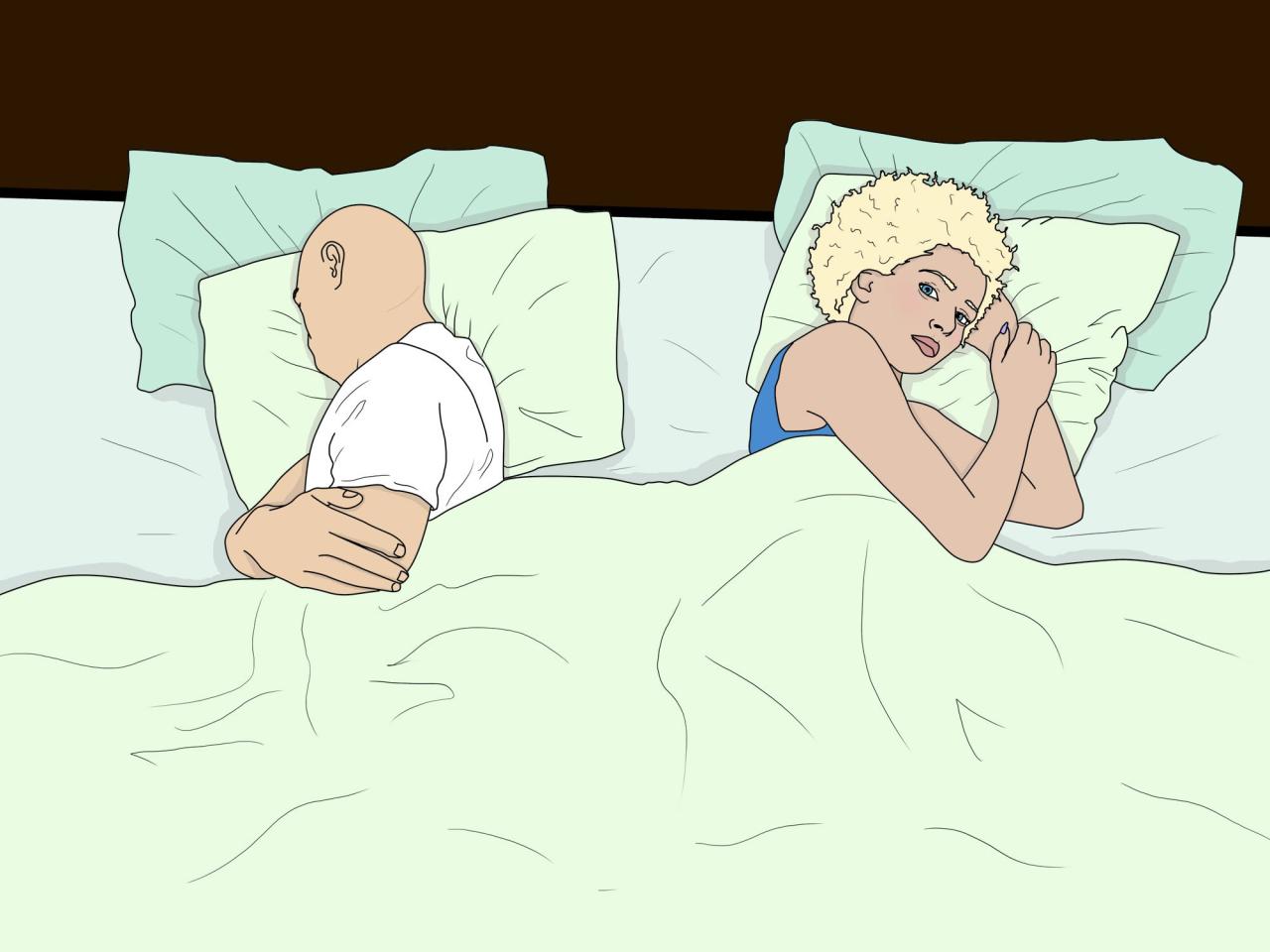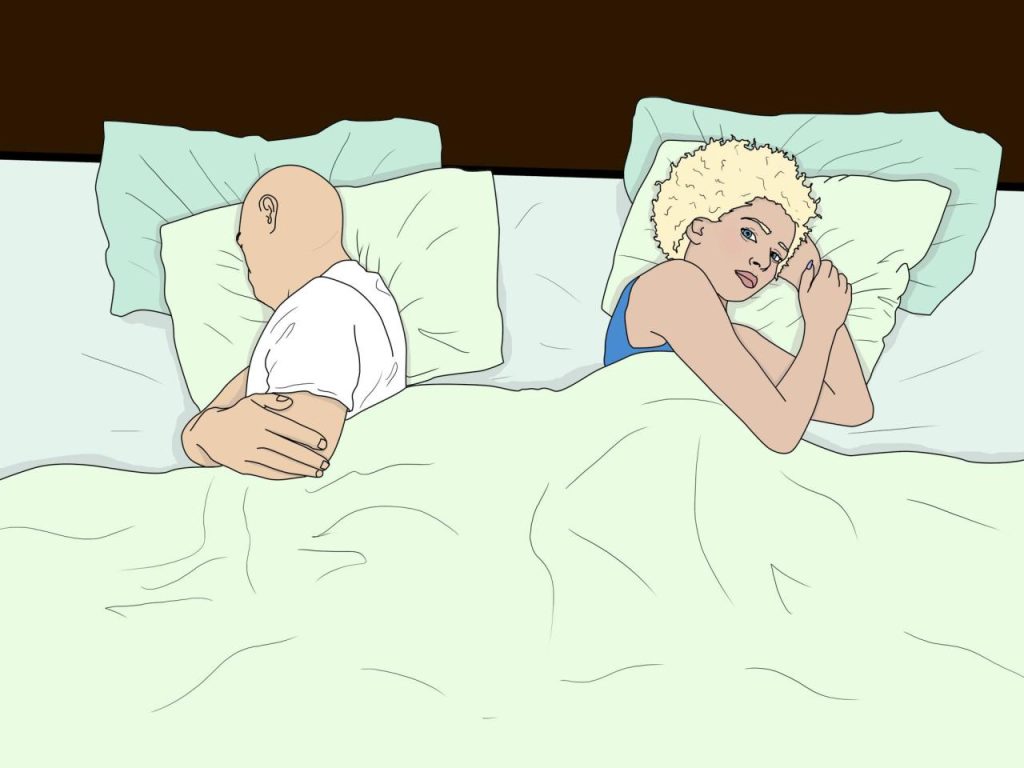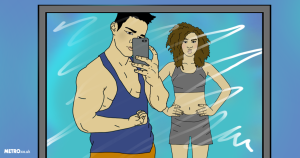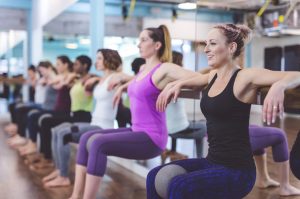You struggle with your sleep, so you download a handy sleep-tracking app to sort out your slumber.
That might not be such a great idea.
Sleep experts have declared that sleep trackers can actually make your insomnia worse, as they make you more stressed out about being unable to sleep.
At the Cheltenham science festival Dr Guy Leschziner, a sleep disorder specialist and consultant at Guy’s hospital, said: ‘We’ve seen a lot of people who have developed significant insomnia as a result of either sleep trackers or reading certain things about how devastating sleep deprivation is for you.’
Guy reckons tracking your sleep is pretty pointless, anyway, as you can assess for yourself how much good quality sleep you’re getting.
‘My view of sleep trackers is fairly cynical,’ he said. ‘If you wake up feeling tired and you’ve had an unrefreshing night’s sleep then you know you’ve got a problem.
‘If you wake up every day and feel refreshed, are awake throughout the day and are ready to sleep at the same time every night then you’re probably getting enough sleep for you. You don’t need an app to tell you that.’
Stephanie Romiszewski, a sleep psychologist, added: ‘Everybody sleeps differently and can have a different duration. And therefore if you take a generic sleep tracker and it [says] you haven’t had the right amount of sleep, that can start to worry you.

‘When you get into that obsessive state about sleep it makes sleep even more difficult.’
These comments echo concerns raised by previous research into sleep trackers, which suggests that the level of data we have on our rest might worsen our sleeping patterns by making us overthink our rest.
A study from Rush University Medical Center in Chicago, Illinois, suggested that worrying so much about whether or not we’re getting enough sleep, and being conscious of whether we’re sleeping well, ends up keeping us awake.
The researchers called this orthosomnia, defined as an unhealthy preoccupation with achieving perfect sleep.
They referred to the case of a 39-year-old man who was given a sleep-tracking device from his girlfriend. That man found that he had fewer arguments with his girlfriend after getting a full eight hours of sleep (because being well-rested does tend to make you less irritable). That discovery was thanks to the app.
Soon, he started to become so fixated on getting a good night’s sleep – because he wanted to make sure his life would continue going smoothly – that he would end up lying awake worrying about the amount of sleep he was getting. Which defeats the entire point of using sleep-tracking apps to get better sleep.
Becoming fixated on whether we’re sleeping the ‘right’ way doesn’t exactly put us in the correct mindset to drift off. Lots of us are putting too much pressure on ourselves.
The answer might be to ditch the tech, relax your sleeping rules, and trust your body to do its thing.
Six easy ways to improve your sleep:
- Give yourself a bedtime – and stick to it even at the weekends
- Use the hour before bed as quiet, relaxing time free of technology
- Stop drinking caffeine from around 4pm
- Avoid alcohol before bed
- Keep your phone on silent and away from your bed
- Get outside and exercise during the day




